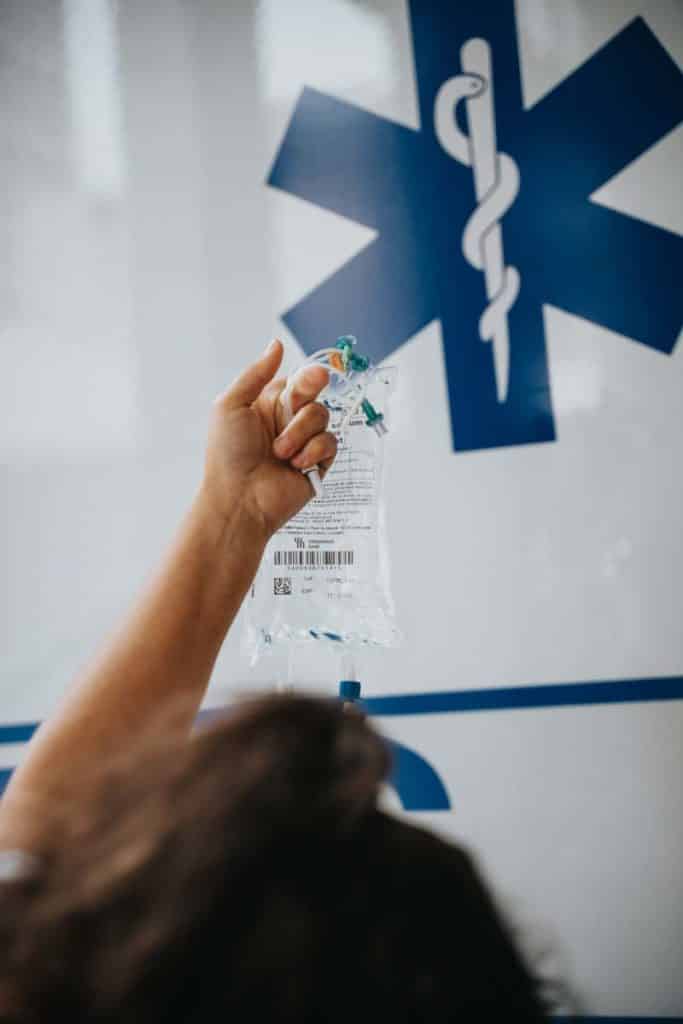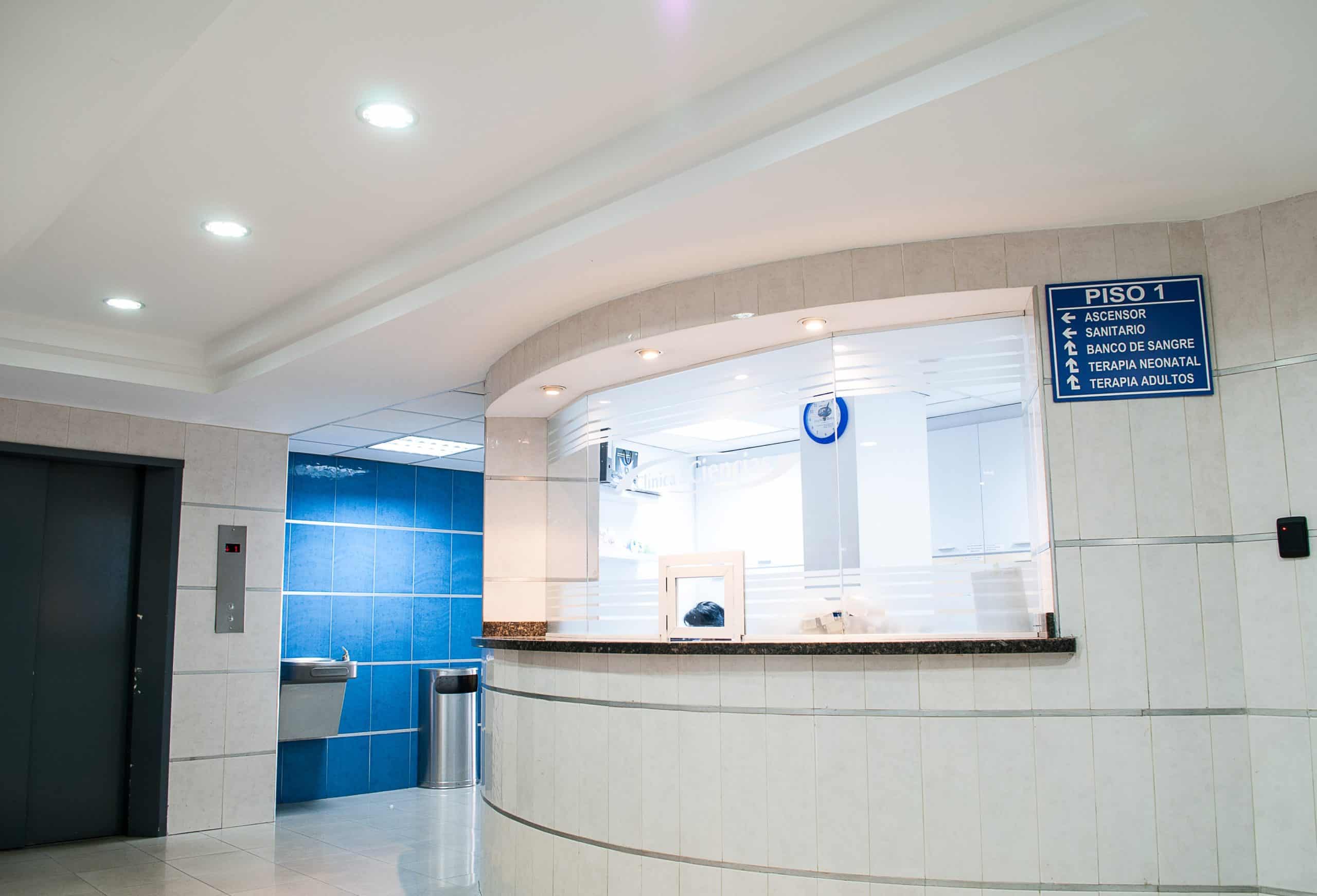Most people think of drug addiction as a choice. However, research has shown that addiction is a disease that changes the brain. Drug addiction can cause intense cravings and changes in behavior.
These changes make it hard to quit on your own. Luckily, there are different types of interventions that can help someone with a drug problem.
Medical Model
The first type of intervention is called the medical model. This type of intervention uses medication to help the addict detoxify from drugs and alcohol.
Medications such as methadone and buprenorphine can help reduce withdrawal symptoms and cravings. The medical model also uses counseling and therapy to help the addict recover from addiction.
Multiple Pathways Treatment.
Drug addiction is a serious problem that can lead to many harmful consequences. Drug treatment is one way to help people overcome their addiction and get their life back on track. There are many different types of drug treatments available, and each one has its own advantages and disadvantages.
One type of drug treatment is called inpatient treatment. This type of treatment involves staying at a rehabilitation center for a period of time, usually 30 days or more. During this time, you will receive around-the-clock care from trained professionals. Inpatient treatment can be very effective, but it is also very expensive.

Another type of drug treatment is called outpatient treatment. This type of treatment allows you to live at home while attending regular counseling sessions and meetings with a treatment team. Outpatient treatment can be less expensive than inpatient treatment, but it may not be as effective.
Therapeutic Community
The third type of intervention is called the therapeutic community. This type of intervention uses a group setting to help the addict recover from addiction. The therapeutic community uses a system of rewards and punishments to help change the addict’s behavior.
Therapeutic communities are usually long-term programs that last 6 months to a year. It is important to note that the therapeutic community is not a treatment program, but rather an intervention program.
The therapeutic community uses a system of rewards and punishments to help change the addict’s behavior. The community provides support for the addict and helps them to change their thinking and behaviors. The community also provides structure and expectations for the addict. The structure and expectations help to keep the addict from relapsing into drug use.
The therapeutic community is an effective intervention for addiction because it uses a group setting to help the addict recover from addiction. The group setting provides support for the addict and helps them to change their thinking and behaviors.
The therapeutic community is also an effective intervention because it uses a system of rewards and punishments to help change the addicts.
Motivational Interviewing
The fourth type of intervention is called motivational interviewing. This type of intervention uses counseling and therapy to help the addict overcome their ambivalence about recovery.
Motivational interviewing helps the addict to see the consequences of their addiction and motivates them to change their behavior. This type of intervention has been shown to be effective in helping addicts to overcome their addiction and live a drug-free life.
Motivational interviewing is based on the premise that people are more likely to change their behavior if they are motivated to do so.
The counselor works with the addict to help them understand the negative consequences of their addiction and how recovery can improve their life. The counselor also helps the addict to develop a plan for change and provides support and encouragement along the way.
Motivational interviewing has been shown to be an effective intervention for drug addicts. A study published in the journal Addictive Behaviors found that motivational interviewing was effective in helping addicts to reduce their drug use and achieve abstinence. The study found that motivational interviewing was more effective than other interventions, such as education or treatment as usual.
All of these interventions can be successful in helping someone with a drug problem. It is important to find an intervention that is right for the individual. Some people may do well with one type of intervention, while others may need a combination of interventions to recover from addiction.

